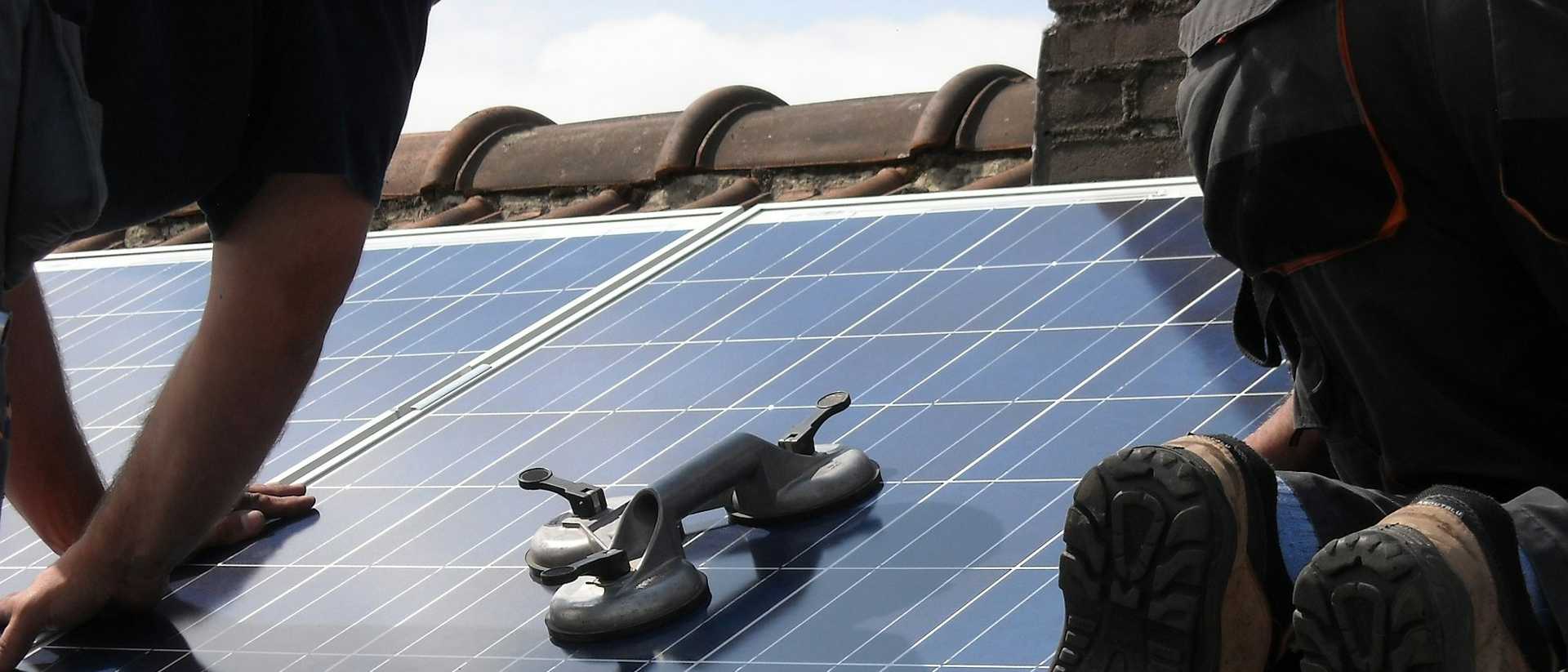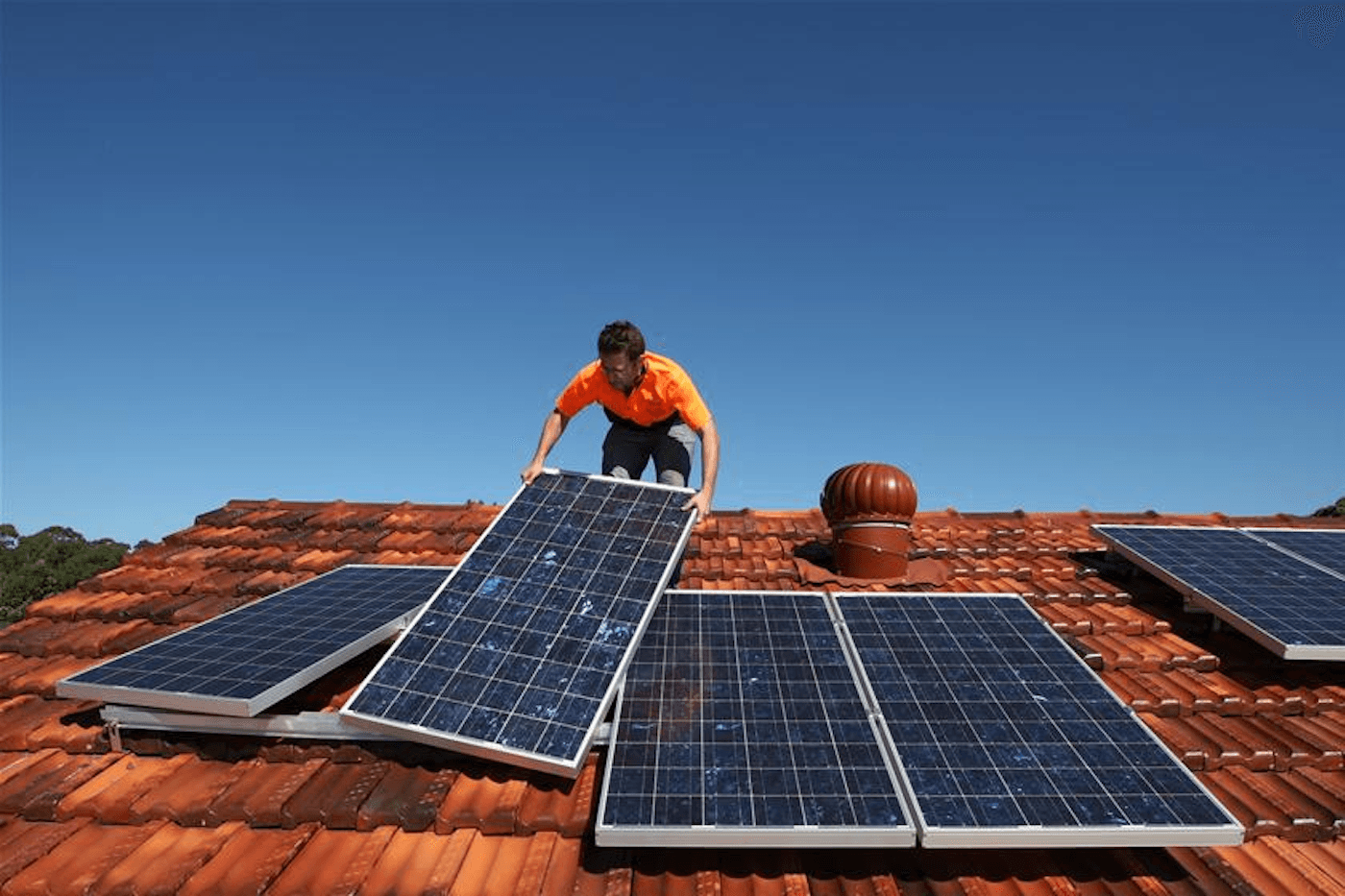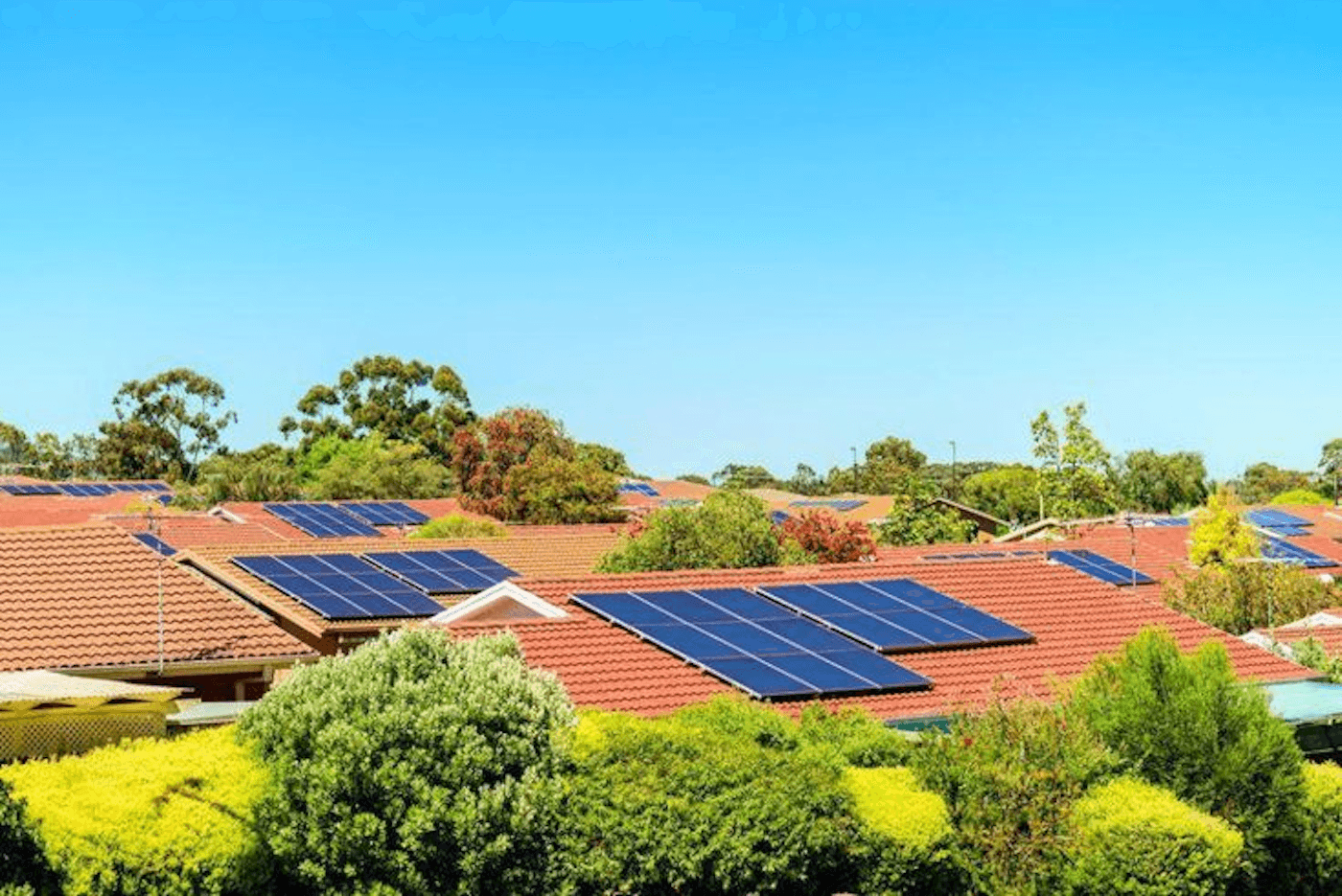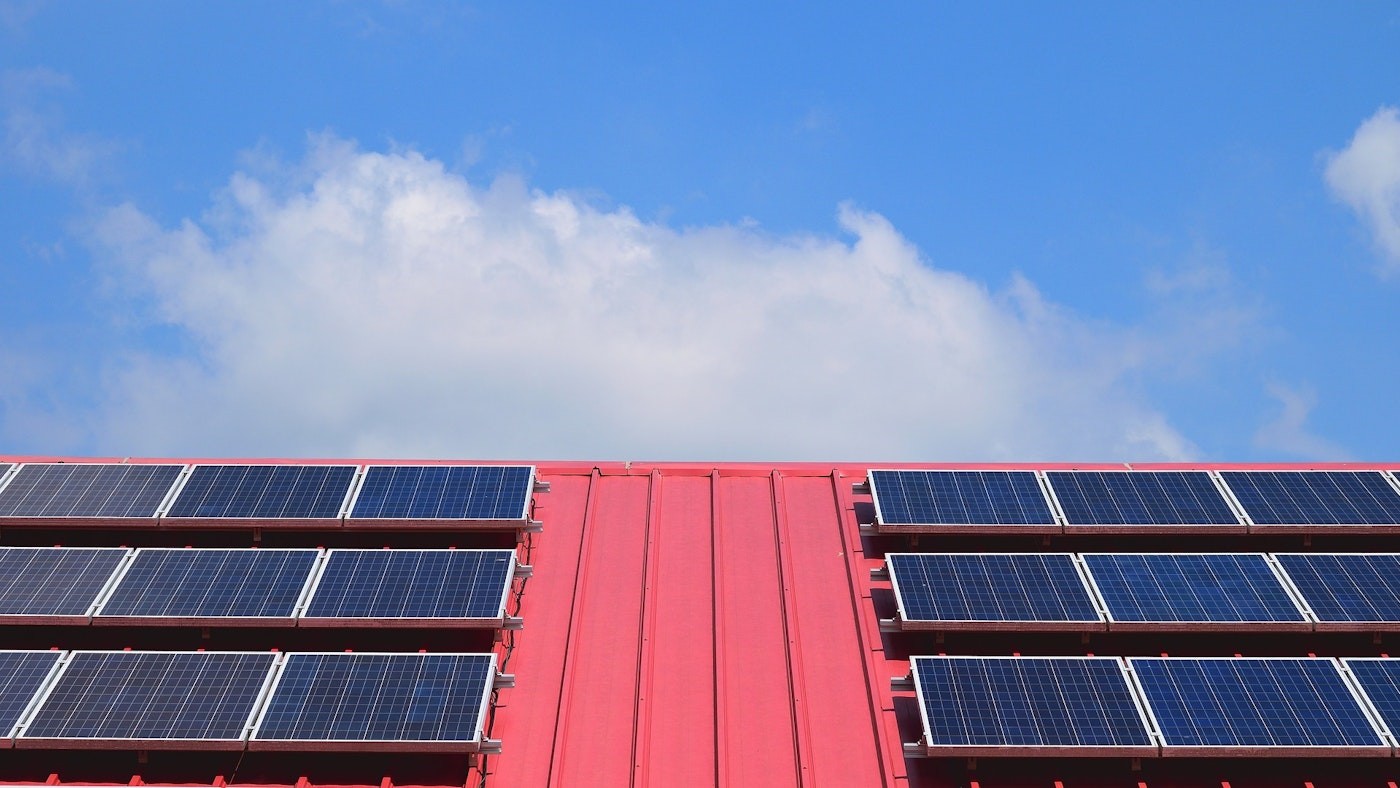Is Investing In A Solar Hot Water System Worth It?

Blessed with an abundance of sunny days throughout the year, Australia is the ideal place to take advantage of all the benefits of harnessing the power of the sun. And as solar technology continues to progress, it’s becoming increasingly more efficient and reliable, making it an even better investment.
But is investing in a solar hot water system actually worth it? Here we offer thorough insights into the process of going solar, from assessing whether your property is suitable for one through to calculating the return on investment (ROI) of installing this green energy alternative. Read on to learn how you can make an informed decision about installing a solar hot water system at home.
Benefits of investing in a solar hot water system

Investing in a solar hot water system can pay for itself over time through reduced energy bills, making it a smart decision for those looking to save money on their energy bills and reduce their carbon footprint. By choosing this environmentally friendly alternative, you not only become a responsible consumer and help to reduce the amount of harmful greenhouse gas emissions, but you also get the reward of lower energy bills.
Aside from financial savings and going green, a solar hot water system is easy to maintain and has a long life expectancy — up to 20 years or more with proper maintenance. Furthermore, you can enjoy the added perk of increased property value resulting from the installation of a solar hot water system, which demonstrates a commitment to sustainability and attracts potential eco-conscious buyers.
How do solar hot water systems work?

Solar hot water systems are an eco-friendly and cost-effective way to harness the abundant energy of the sun, providing a helpful alternative to traditional water heating sources. These systems work by capturing sunlight through solar panels, typically mounted on the roof, to heat water flowing in a circuit through the collector on your roof.
The amount of heat gained by the water is directly proportional to the intensity of sunshine available at that moment. Once heated, the water moves to a hot water tank, causing the colder water to be displaced to the bottom of the tank. This cold water then journeys back into the solar panel to be re-heated and the process repeats. To ensure you always have hot water at the desired temperature of around 55 to 60 degrees Celsius, a backup electric or gas booster activates whenever the sun's energy isn't sufficient.
How do heat pump systems work?
Heat pump systems work by absorbing the heat energy from the environment and transferring it to water, heating it in a sealed chamber. The air inside the chamber is heated using an evaporator coil filled with refrigerant; as the air is warmed, so too is the water. Heat pumps are highly efficient since they take advantage of existing ambient heat in the environment, and transfer it rather than generating new heat. They are also more cost-effective over time than traditional water heating systems since they use approximately 75% less electricity to do the same job, resulting in lower energy bills.
How to maximise savings with a solar hot water system
The best way to maximize savings with a solar hot water system involves a combination of factors, such as proper installation and maintenance, efficient usage, as well as upgrading to the right equipment. To ensure that your solar hot water system is in optimal condition, consider seeking the advice of a professional who can guide you on the correct size and type matching your home's needs. Additionally, you'll want to maintain optimal system performance with regular check-ups for potential leaks or obstructions. Developing efficient habits, such as using timers and adjusting your daily water consumption, can also make a positive impact on your savings.
The pros and cons of investing in a solar hot water system

Investing in a solar hot water system can bring numerous benefits to your household, including environmental and financial advantages. With a solar-powered system, you not only reduce your dependence on non-renewable energy sources but also significantly lower your monthly energy bills by harnessing the abundant and free energy from the sun. The reduced carbon footprint and increased sustainability of your home further strengthen the case for solar installation.
However, it's worth considering the initial investment costs, which can be relatively high. Additionally, not all geographic locations are ideally suited for solar energy collection, so the efficiency could vary depending on where you live.
Costs and maintenance of a solar hot water system
Although the upfront costs of installing such a system may seem daunting, it's important to consider the lifetime savings that can be gained through reduced energy bills. Solar hot water systems are generally low-maintenance, with only occasional check-ups needed to ensure optimal performance. The main components, such as solar collectors and storage tanks, are built to last for many years without needing replacement. Additionally, with advancements in solar technology, the efficiency and longevity of these systems continue to improve, making it a worthwhile long-term investment. So, as you weigh the costs and maintenance requirements of a solar hot water system, keep in mind the numerous benefits that come from harnessing the power of the sun and utilizing a sustainable energy source.
Installation tips

Here are some tips to help you when installing your solar hot water system:
- Select the right type and size of equipment for your home
- Find a suitable location for the solar collectors, making sure they have ample sun exposure and are facing in an optimal northerly direction
- Check if any building permits or approvals are needed from local authorities
- Connect the collectors to the storage tank, taking into consideration the distance between them and any potential shade or obstructions.
- Make use of a qualified professional to correctly install the system, adhering to zoning and building codes, along with ensuring proper insulation for the pipes to prevent heat loss.
By following these tips, you'll be well on your way to enjoying an endless supply of hot water while significantly reducing your energy bills and environmental footprint.
Should I install a solar battery backup system?
Whether or not you should install a solar battery backup system depends on your energy needs and budget. Solar batteries are used to store excess energy generated by your solar panels in case of power outages, allowing you to run limited electrical appliances and lights during those times. However, they're an extra expense, so it's important to weigh the benefits and decide whether they're worth investing in. If you live in an area prone to frequent power outages or are looking for ways to become more energy independent, then a battery backup system may be worth considering.
Furthermore, running a solar battery is the only way to reach 100% of your hot water needs coming from the sun. Otherwise, you will be relying on some non-renewable energy sources to run your system.
How long before my solar water heater pays for itself?
The payback period of a solar hot water system depends on several factors, including the type of system you choose and your local energy costs. Generally speaking, it can take anywhere from two to five years before you start to see a return on investment. However, once it has paid for itself, you'll continue to benefit from reduced or eliminated energy bills for many years to come. Not only will you be able to save money on your electricity bills, but excess energy generated by your system can also be sold back to the grid, providing yet another source of income.
Final thoughts
Installing a solar water heater is an excellent way to reduce your energy costs and environmental footprint while harnessing the power of the sun. It's important to take into consideration the upfront costs, maintenance requirements and payback period when making your decision. However, with advances in technology, installing such a system is more affordable than ever before, and the rewards can extend far beyond just saving money on keeping your water hot. From becoming more energy independent to enjoying a residual income from the sale of excess energy, installing a solar hot water system can be one of the best investments you'll ever make.
If you want to enjoy all the cost savings and environmental benefits that a solar hot water system can offer, but don't have the necessary upfront funds, a solar loan from Driva may be the perfect solution. With a solar loan, you can spread out the cost of the system over time, allowing you to make manageable monthly payments and enjoy all the benefits of your solar hot water system right away. So, if you're considering making the switch to a more sustainable source, let Driva help you get the loan you need to do it. By creating a personal profile and connecting it with our reliable lender network, you can apply for a loan with confidence and get the funds you need to power up your system in no time. Get started with Driva today!
Frequently Asked Questions
Is a solar hot water system worth it?
Yes, a solar hot water system is worth it and can provide long-term cost savings as well as environmental benefits. It's important to your individual circumstances such as installation costs, the size and location of your home, and building restrictions.
What is the best hot water system to use with solar panels?
Dux is an Australian company that builds high-quality solar hot water systems that easily connect to solar panels. Backed by a 7-year warranty, the Dux Ecosmart system has proven to be one of the most reliable solar hot water systems on the market.
Available as either a gas or electric-boosted system, the Ecosmart system is designed to maximize efficiency and provide hot water on demand, no matter the weather conditions.
How many solar panels do I need for hot water?
This depends on your hot water needs and the size of your home. Generally speaking, it takes between 2-4 solar panels to power a typical hot water system. The exact number may vary depending on your specific location, the efficiency of your solar panels and the size of your home.




